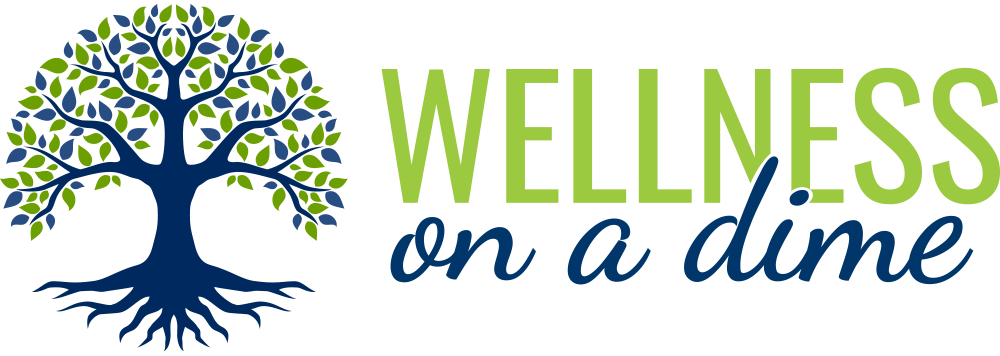 It’s no fun to have issues with digestion. Whether it’s gassiness, bloating, pain or vomiting, it’s all uncomfortable and something you want to avoid. There are natural ways to improve your digestive health and also improve other areas of your health. While not every digestive issue has to do with lifestyle or can be solved by making changes, most can benefit and many can be eliminated.
It’s no fun to have issues with digestion. Whether it’s gassiness, bloating, pain or vomiting, it’s all uncomfortable and something you want to avoid. There are natural ways to improve your digestive health and also improve other areas of your health. While not every digestive issue has to do with lifestyle or can be solved by making changes, most can benefit and many can be eliminated.
Exercise improves your digestive system.
When you workout, you increase your circulation, sending oxygen and nutrients to every part of your body, which includes the digestive system. Exercise offers other benefits for digestion. If you’re going to exercise after a meal, make it gentle walking. Otherwise, wait two hours before you exercise if you have acid reflux. Bicycling can help with heartburn, while less strenuous exercise can help with bowel issues like constipation and diarrhea. All exercise gets the muscles working in the gut to gently massage the food through your system.
Eat more fiber.
A diet of highly processed food that lacks fiber is the worst possible food to eat for good digestion. Instead, focus on consuming whole foods, like fruits and vegetables that are high in fiber. There are two types of fiber, soluble and insoluble. Soluble fiber creates a gel-like substance when combined with water and insoluble can’t be digested but does provide bulk to the stool. You need soluble fiber to ensure the health of your digestive tract. Your beneficial gut microbes feed on the gel created by soluble fiber and in turn, make your gut healthier.
Make water your new best friend.
Increase your water intake to avoid constipation and improve your digestive system. Take water everywhere with you. There are various calculations on the number of ounces you need each day with estimations between ½ ounce to an ounce for every pound you weigh, depending on your age, weather conditions and activity level. In the hot summer months, if you’re exercising more, you’ll need more water. Older people dehydrate faster, so they need more water. Herbal teas, decaffeinated coffee and high water content fruits and vegetables can be considered in your intake.
- Avoid sugar. Sugar can limit the number of beneficial microbes. It can prevent water from being absorbed properly, increase the amount of mucus in the intestines, doesn’t digest properly and ferments, like lactose and fructose.
- Increasing the amount of probiotic food in your diet can increase beneficial bacteria and aid gut health. Beneficial microbes may be reduced for a number of reasons. Stress, recent antibiotic use and a poor diet are just three reasons.
- If you smoke, drink alcohol or have an excess amount of coffee, it can cause problems, such as acid reflux, stomach ulcers and heartburn.
- Limit your fat intake, but make sure you include healthy fat in your diet. You need healthy fatty acids to build all parts of your body and help absorb vitamins, A, D, E and K, but fat is also difficult to digest, leaving you with digestive issues.
